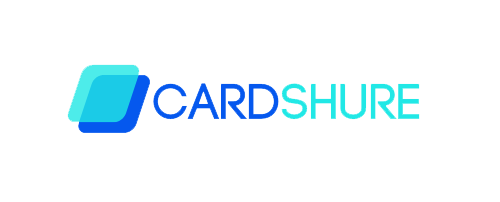Can I Get An Overdraft With My Credit Card? There is actually no such as an Overdraft on a credit card. Credit card. Typically, what is known as Overdraft is a term used with a bank account.
For credit cards exceeding your credit limit is simply known as “going over the limit.” Overdraft is a term used if you have spent more money than what is available in your checking account. But with a credit card, it is still possible to go over your credit limit, if you choose the over-the-limit program with your card issuer.
What Happens if I want to Overdraft my Credit Card?
In some cases, if a purchase is going to make you spend more than your card Credit limit, your card transaction will be declined and you won’t have any additional fees or balance left. However, this is because of the Credit CARD Act of 2009. This law says card issuers can’t charge any over-the-limit fees unless you’ve specifically consented to transactions that will take you over your limit in advance.
Overlimit Fees
However, Credit Cards issuers can offer you the ability to go over your credit limit with the program, this is called over-the-limit coverage or protection. If you enlist for this type of program, your card issuer can authorize your card transactions that exceed your limit.
But these programs come with the potential for extra fees, so ensure that you read the fine print carefully. When you go through your credit limit for the first time you’ll be charged a fee up to $25. After that, the fee will be up to $35 if you go above your limit a second time within six months from the previous.
consequently, if your balance remains above your limit in the next billing cycle, you will be charged the over-the-limit fee again. If you can’t pay the minimum payment, you would be charged late fees, and an increase in interest rate with a penalty APR if you go over your limit.
Potential Credit Impact
Another potential consequence of going over your credit is a drop in your credit scores. This is because credit scores factor in your credit utilization ratio, or how much of your available credit you’re using. Many experts recommend keeping your overall credit card utilization below 30% of your balance. In other words, if you have $10,000 in available credit but you’ve borrowed $10,500. You may be seen as a credit risk because you’ve got a higher utilization ratio.
What To do if I go over my Credit Card Limit
Opt out of over-the-limit coverage
The first thing you can do is turn off the over-the-limit coverage. You can request to opt out of the coverage, but this may require sending a written request. Let your credit card issuer know that you don’t authorize any additional transactions that will exceed your available credit.
Pay Down the Coverage
Always endeavor to pay down your card balance until it’s below your credit limit. This way, you won’t be continually hit with fees each billing cycle and your account balance remains above the limit.
Ask to Increase your Credit Limit
Some issuer will automatically increase their credit card limit from time to time, and one can also request a credit limit increase with a quick phone call to your credit card issuer. Sometimes, the request can be done online.
If you’re good and always keep to date about going over the limit on your credit card, one longer-term option is to request a credit limit increase.
Don’t Use the Credit Card
Stop using your card if you’ve gone over your credit limit as a result of overspending or deep financial issues. It is a wise idea to stop using a such credit card and focus on paying off the debt. A budget can help you feel more in control of your finances and get a handle on your debts.
In conclusion, There is actually no such as an Overdraft on a credit card, if you have opted into a program with your card issuer that enables you to cover the Credit limit with your credit card, you will be charged over-the-limit fees. And your bank account, a negative balance means that you can be charged Overdraft fees.
How Can I Get Overdraft off my Credit Card
All that you have to do in other to pay back the credit card balance during the interest-free period. Depending on who is providing the credit card, the interest-free period actually could be around three years, which would give you more than enough time to pay off your overdraft and the best part is that there would not be any interest for you to pay.
Always being in the position where you are always making use of overdraft to get by can be quite frustrating. Once you make use of your draft, you would want to make sure you can pay it off as soon as you can to get your finances back on track.
One of the reasons why you stand a chance to benefit from paying off your overdraft quickly is that if you make use of your overdraft on a monthly basis, you actually could be paying up to 20 percent in interest and bank overdraft fees.
More Related Content
- Making Use of a Personal Loan Calculator
- 6 Credit Card Mistakes That You Should Avoid
- Can I Pay Bills Using Credit Card
- Large Debt Consolidation Loans for Bad Credit
- Credit Card Loans – What Are Credit Card Loans?

